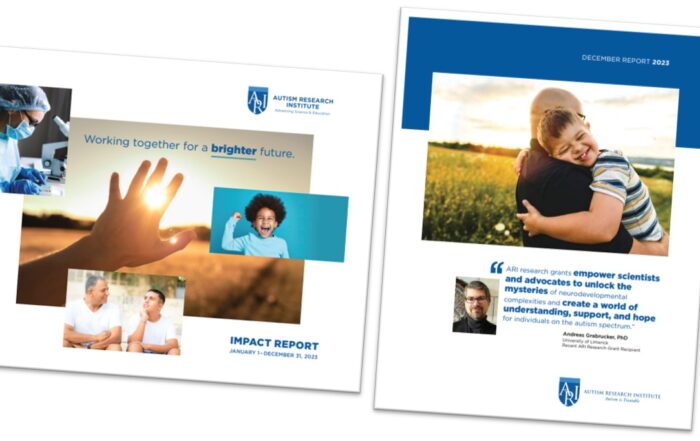Mothers of children with autism spectrum disorders (ASD) may reduce their odds of having another child with ASD if they time a second pregnancy to occur 2.5 to 3 years after the birth of the child with ASD, according to a new study.
Gavin Pereira and colleagues studied data from more than 925,000 births in Denmark, Finland, and Sweden. More than 9,300 of the children in the birth cohort were later diagnosed with ASD.

The researchers found that the association between ASD and the intervals between pregnancy was U-shaped for all three countries. Pereira says, “Our research found that the siblings of children with autism were less likely to be diagnosed on the spectrum if there was a 30- to 39-month gap between both pregnancies.
Across the general population, this study also showed that children born to mothers who became pregnant again three months after giving birth had a 50 percent higher chance of being diagnosed with autism, and those born five years later had a 24 percent greater chance.”
Pereira comments, “The results of this large-scale, multi-country research may help to inform family planning counseling, particularly for those families that are already at a higher risk because of a genetic history of neurological disease.” He and his team speculate that “about 5% to 9% of autism cases might be avoided by optimizing birth spacing.”
—
“Optimal interpregnancy interval in autism spectrum disorder: A multi-national study of a modifiable risk factor,” Gavin Pereira, Richard W. Francis, Mika Gissler, Stefan N. Hansen, Arad Kodesh, Helen Leonard, Stephen Z. Levine, Vera R. Mitter, Eric T. Parner, Annette K. Regan, Abraham Reichenberg, Sven Sandin, Auli Suominen, and Diana Schendel, Autism Research, August 23, 2021 (online). Address: Gavin Pereira, School of Public Health, Curtin University, Perth, WA 6102, Australia, gavin.f.pereira@curtin.edu.au.
—and—
“Sibling’s likelihood of autism diagnosis impacted by age gap,” news release, Curtin University, August 25, 2021.
This article originally appeared in Autism Research Review International, Vol. 35, No. 4, 2021
ARI’s Latest Accomplishments
Connecting investigators, professionals, parents, and autistic people worldwide is essential for effective advocacy. Throughout 2023, we continued our work offering focus on education while funding and support research on genetics, neurology, co-occurring medical
Biomarkers start telling us a story: Autism pathophysiology revisited
Learn about emerging research on biomarkers and autism from a recent ARI Research Grant recipient. This is a joint presentation with the World Autism Organisation. The presentation by Dr.
Editorial – Bernard Rimland’s Impact: Sixty Years Since the Publication of ‘Infantile Autism’
In this milestone year of 2024, the Autism Research Institute commemorates the 60th anniversary of Dr. Bernard Rimland’s groundbreaking work, Infantile Autism: The Syndrome and Its Implications for a Neural Theory of




